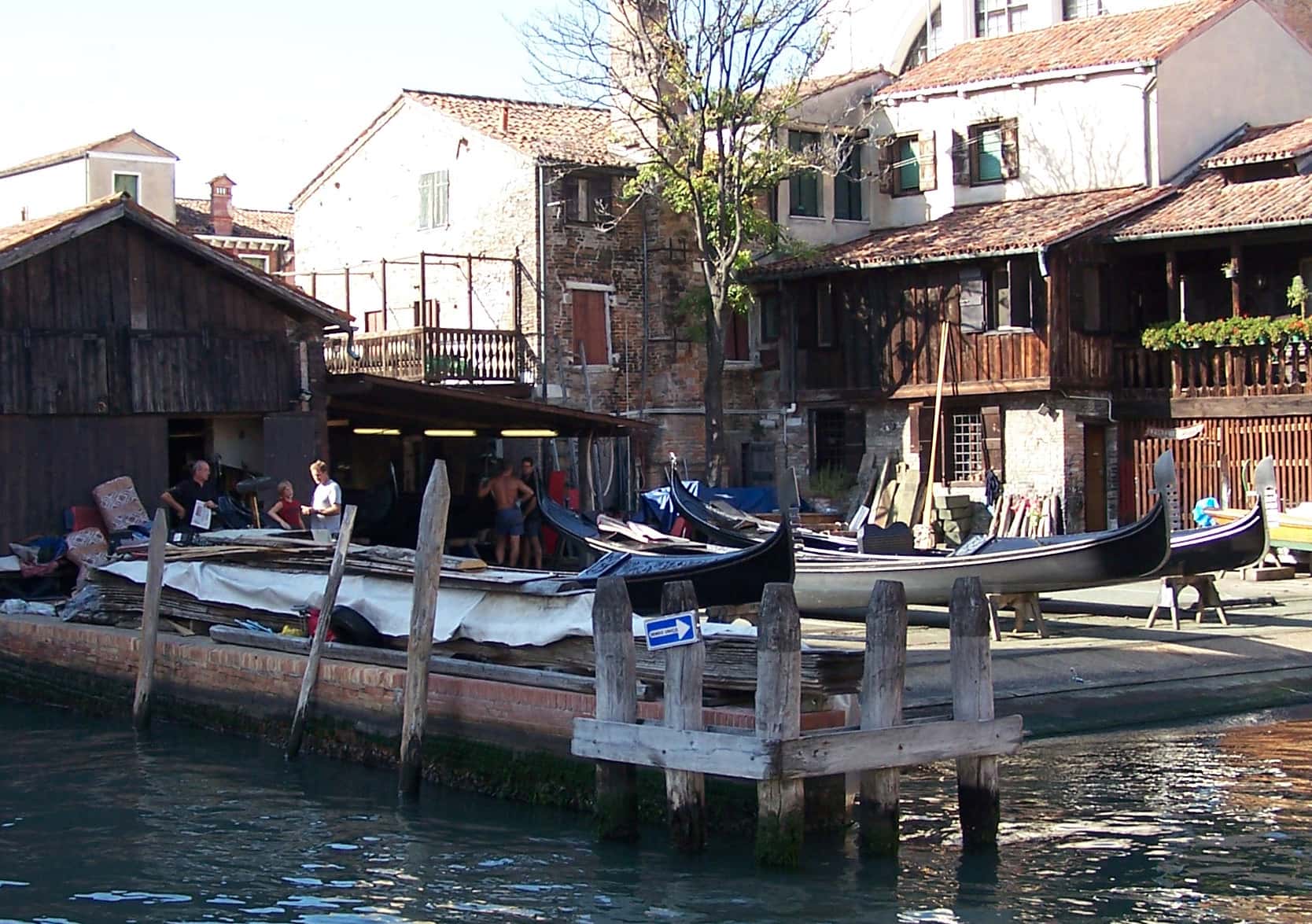

Downloads
DOI:
https://doi.org/10.58981/bluepapers.2022.1.04Published
Issue
Section
License
Copyright (c) 2022 Brian Davidson, Petra Hellegers

This work is licensed under a Creative Commons Attribution 4.0 International License.
How to Cite
Abstract
This article outlines some of the difficulties associated with valuing cultural heritage. They include the surmountable problems of pricing cultural heritage and the associated market failures inherent in all water systems. Critical to any attempt to value cultural heritage is the need to quantify exactly what cultural heritage encompasses. While the theoretical concept of economic value is a relatively simple one, applying it to cultural heritage can only be accomplished if it is well defined.
References
Hanemann, Michael W. 2006. “The economic conception of water.” In Water Crisis: Myth or Reality?, edited by Peter P. Rogers, M. Ramon Llamas and Luis Martinez-Cortina. London: Taylor & Francis plc.
Hellegers, Petra, and Brian Davidson. 2021. “Resolving the problems of commensurability in valuing water.” Water International 46, no. 5: 1–15.
Hellegers, Petra, and Gerardo E. van Halsema. 2018. “The political nature of valuing water.” eLetter in response to Dustin E. Garrick, Jim W. Hall, Andrew Dobson, Richard Damania, Quentin R. Grafton, Robert Hope, Cameron Hepburn, Rosalind Bark, Frederick Boltz, Lucia De Stefano, Erin O’Donnell, Nathalian Matthews and Alex Money, “Valuing water for sustainable development,” Science 24 November 2017. Science. http://science.sciencemag.org/content/358/6366/1003/tab-e-letters
Petit, Pascal. 1987. “Services.” In The New Palgrave: A dictionary of Economics, edited by John Eatwell, Murray Milgate, and Peter Newman. London: MacMillan.
Rogers, Peter, Ramesh Bhatia, and Anette Huber. 1998. Water as a social and economic good: How to put the principle into practice. Stockholm: Global Water Partnership/Swedish International Development Cooperation Agency.
Schumpeter, Joseph A. 1950. Capitalism, socialism and democracy. 3rd ed. New York: Harper & Brothers.
Sinden, John A., and Dodo J. Thampapillai. 1995. Introduction to benefit-cost analysis. Melbourne: Longman.
Sinden, John A., and Albert C. Worrell. 1979. Unpriced values: Decisions without market prices. New York: Wiley.
Sloman, John N. K. 2005. “Market failures and government policy.” In Principles of microeconomics, edited by Herbert J. Gans, Gregory Mankiw and Jennifer S. King. Pearson Education: Frenchs Forest, NSW.
Young, Robert A., and John B. Loomis. 2014. Determining the economic value of water: concepts and methods. 2nd ed. Washington: Resources for the Future.


